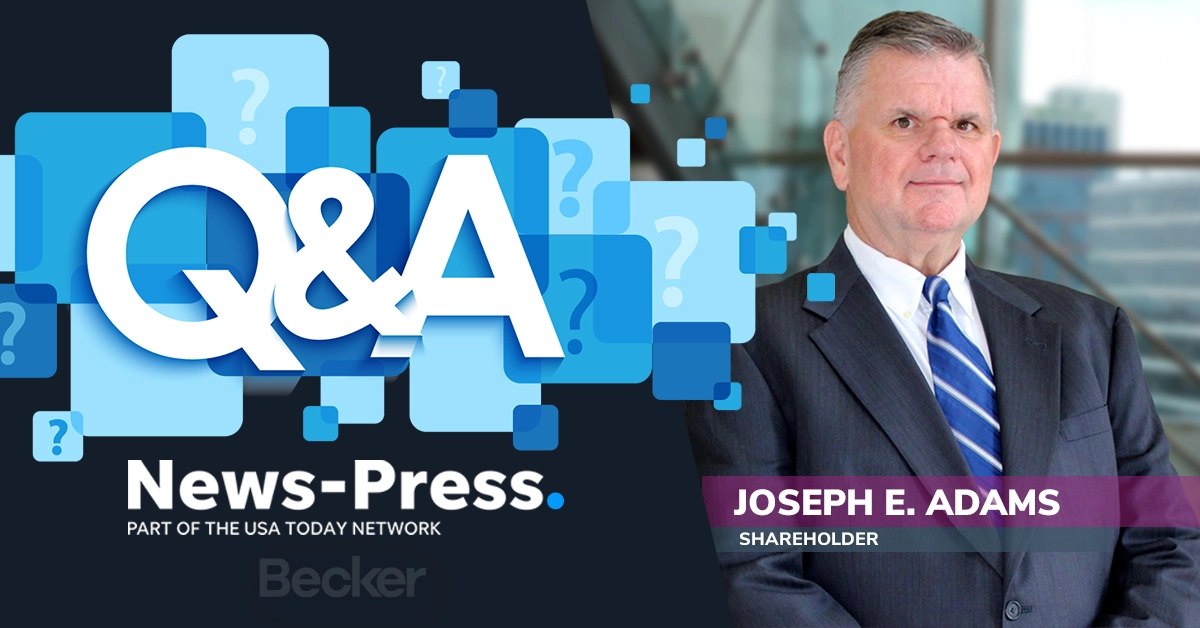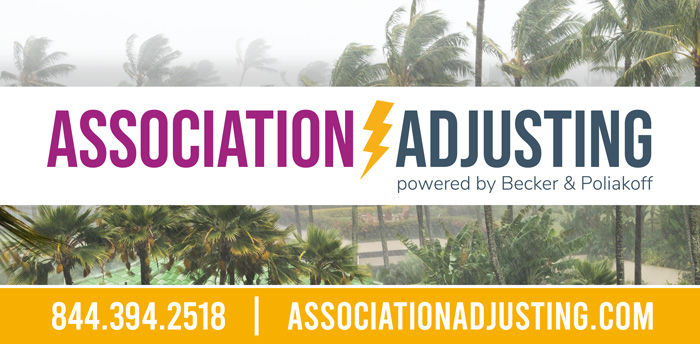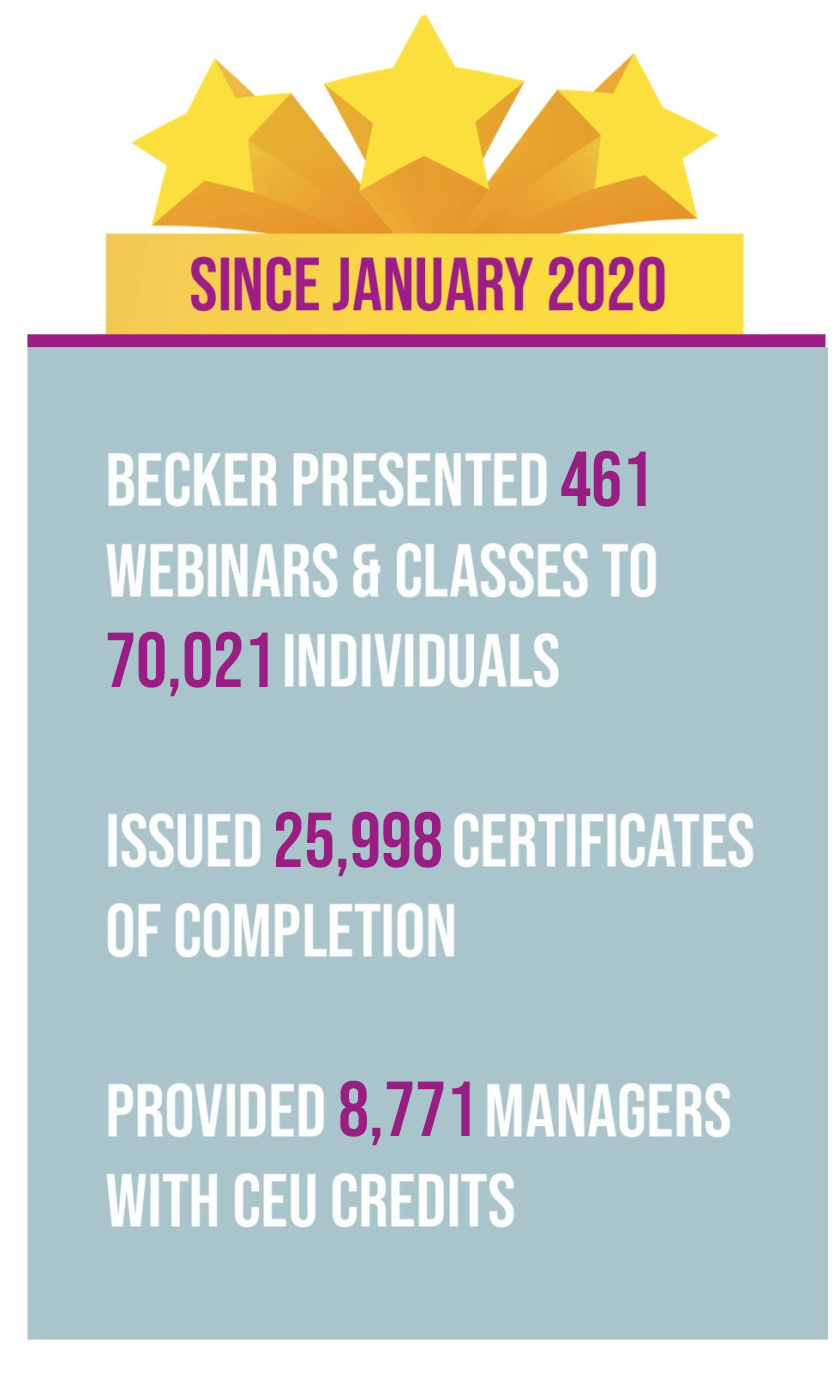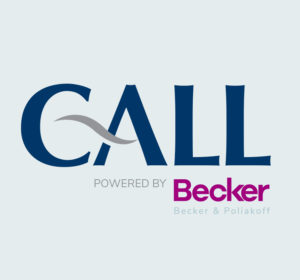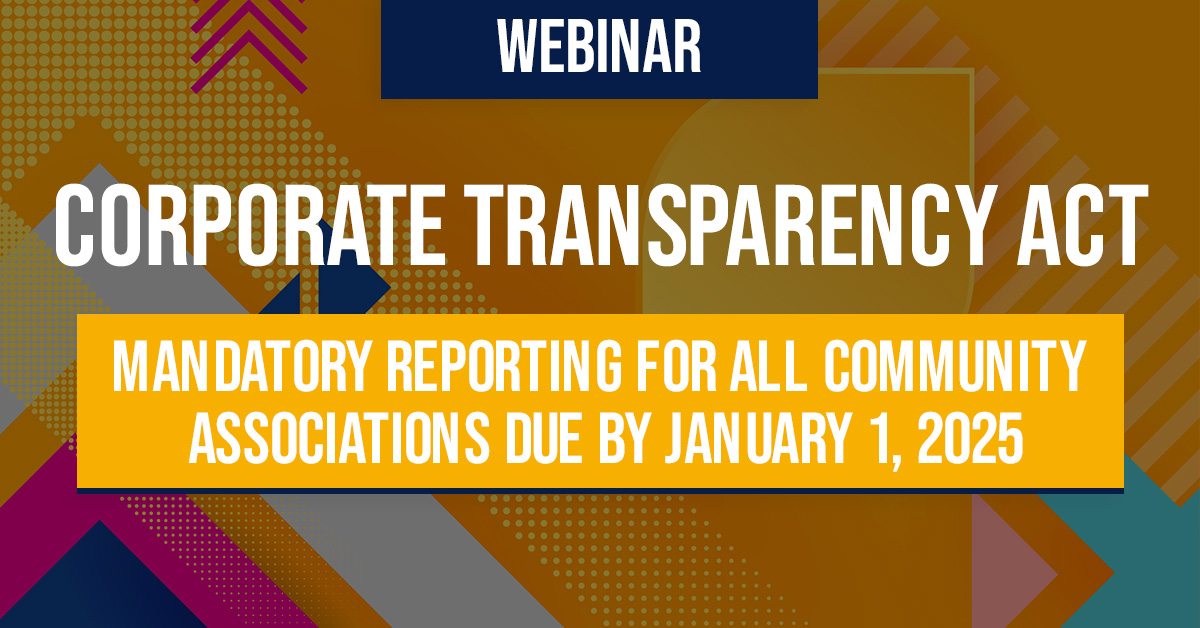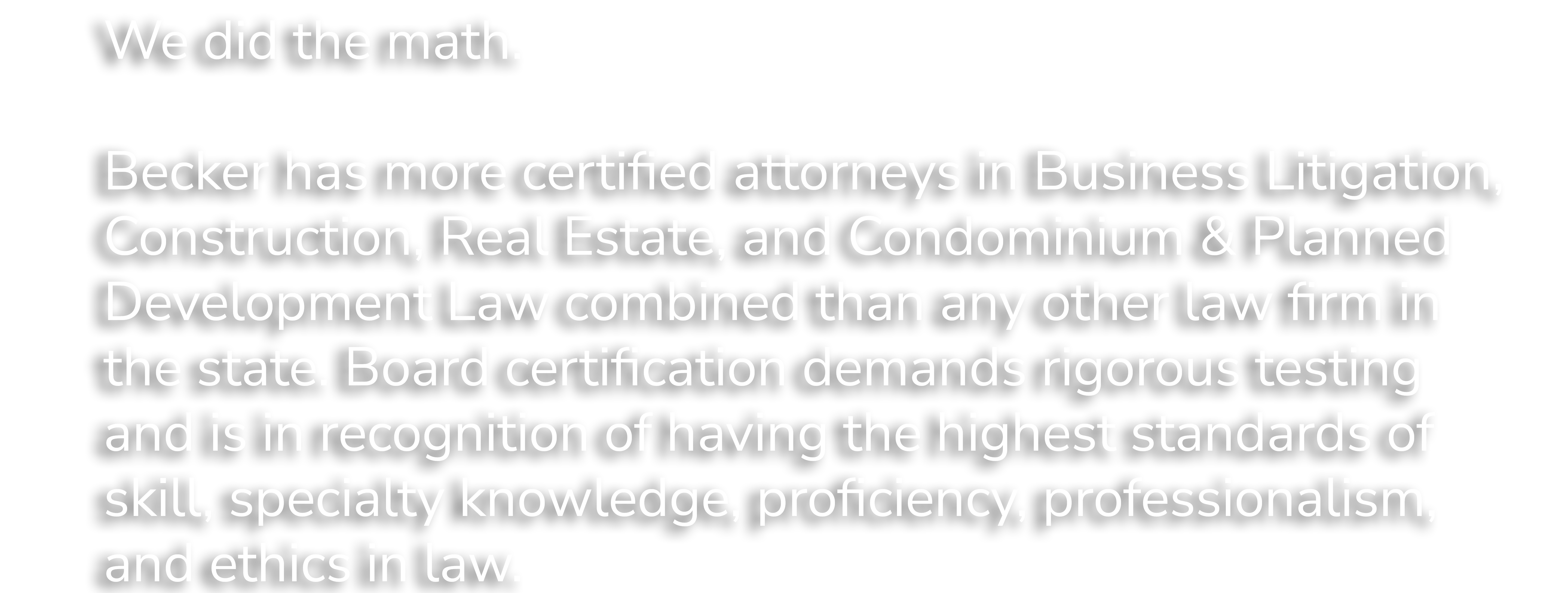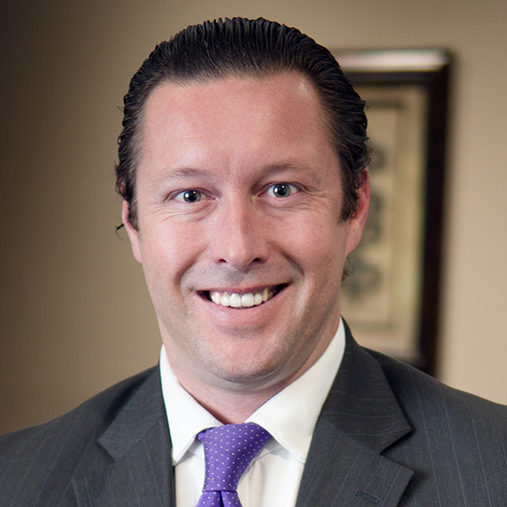This issue of CUP highlights a range of timely topics for board members and managers. Whether you’re preparing for budget season, considering amending election terms, or navigating disaster recovery and insurance claims, we’ve got something for you. Don’t miss our recent webinar explaining the Corporate Transparency Act and the mandatory reporting requirements for all community associations! Also featured this month is the expansion of Becker’s leadership team to highlight our commitment to strategic growth.
There are two types of alternative dispute resolution recognized by the Condominium Act and the Homeowners’ Association Act (1) mediation, and (2) arbitration. Which one should you choose? Yeline Goin explains your options and highlights the pros and cons in, “What Is the Difference Between Mediation and Arbitration?”
Florida lawmakers revised Chapter 718, Florida’s Condominium Act, to include the addition of criminal penalties for certain conduct in violation of Chapter 718. Michelle Kaiser emphasizes the need to speak with your community association attorney to avoid any pitfalls in, “Condominium Officers, Directors and Managers Who Solicit, Offer to Accept, or Accept ‘Kickbacks’ Now Commit a Felony of the Third Degree.”
For those of you who own a condominium unit in a high-rise building, you are keenly aware of the many changes through the years to the fire safety requirements for high-rise buildings. The Florida Fire Prevention Code (“Fire Code”) was recently amended to change the January 1, 2024, deadline. Yeline Goin explains everything your association needs to know in, “Fire Sprinkler and ELSS Deadlines Extended by Florida Fire Prevention Code.”
Associations should regularly review their safety policies to ensure they comply with legal requirements, while members, renters and guests should be informed about the level of protection they can expect. Joseph Markovich provides an important reminder for condominium associations to understand the legal standards governing safety in common areas in, “THIS CASE: Hemispheres Condominium Association, Inc. v. Corbin.”
Articles
What Is the Difference Between Mediation and Arbitration?
By: Yeline Goin
Whether you are a member of a condominium association or homeowners’ association, the respective statutes require the owners and the association to engage in alternative dispute resolution for certain disputes before a complaint is filed in court. The two types of alternative dispute resolution recognized by the Condominium Act and the Homeowners’ Association Act are (1) mediation, and (2) arbitration. The Condominium Act requires that certain disputes be mediated or arbitrated. The Homeowners’ Association Act requires that certain disputes be mediated.
Florida lawmakers revised Chapter 718, Florida’s Condominium Act, once again following the 2024 Legislative Session through House Bill 1021, which was signed by Governor DeSantis and became effective July 1, 2024. One of the most surprising revisions to some, was the addition of criminal penalties for certain conduct in violation of Chapter 718.
Fire Sprinkler and ELSS Deadlines Extended by Florida Fire Prevention Code
By: Yeline Goin
For those of you who own a condominium unit in a high-rise building, you are keenly aware of the many changes through the years to the fire safety requirements for high-rise buildings. The Condominium Act, in Section 718.112(2)(n), Florida Statutes, currently states that all high-rise buildings had to retrofit with either a fire sprinkler system or an engineered life safety system by January 1, 2024.

Hemispheres Condominium Association, Inc. v. Corbin
357 So.2d 1074 (Fla. 3d DCA 1978)
By: Joseph Markovich
Understanding the duty of care in negligence cases is at the heart of THIS CASE. Mr. Corbin, who rented a unit from an owner, drowned in a pool managed by the condominium association. The association, responsible for the pool’s maintenance, employed an attendant who was trained in using life-saving equipment but was not a certified lifeguard. Mr. Corbin, a strong swimmer with a history of epilepsy, was found unconscious at the bottom of the pool and, despite rescue efforts, passed away a few days later. His widow, Sally Corbin, sued the condominium association for negligence, arguing that they failed to provide adequate safety measures, such as a professional lifeguard.
The trial court initially ruled in favor of the plaintiff, awarding damages. However, the appellate court re-examined whether the association owed a duty of care beyond what was already in place. The plaintiff claimed that the attendant’s lack of lifeguard certification and additional duties contributed to Mr. Corbin’s death. The appellate court, however, determined that the duty of care owed to Mr. Corbin was no greater than that owed to an association member, which was not equivalent to the duty owed by a facility providing public entertainment or amusement for profit. The court found that the pool attendant was not required to keep each swimmer under constant surveillance, and that the lack of lifeguard certification did not constitute a failure to exercise ordinary care for a private swimming pool. Additionally, the court found no evidence that the attendant’s other duties were the proximate cause of the drowning. As a result, the court reversed the decision, directing that judgment be entered in favor of the defendant association.
So why does THIS CASE matter? It raises crucial questions about the scope of a condominium association’s duty of care to its members and renters. The court’s decision emphasizes the importance of clear evidence when alleging negligence, particularly in accidents occurring in shared community spaces. This case also highlights the need to understand the limitations of an association’s responsibilities and the standard of care they are required to uphold. Condominium associations should ensure their safety protocols are well-defined, and that members, renters, and guests are aware of the risks involving in using shared facilities.
This case serves as an important reminder for condominium associations and their members to understand the legal standards governing safety in common areas. Associations should regularly review their safety policies to ensure they comply with legal requirements, while members, renters and guests should be informed about the level of protection they can expect. If there are concerns about the adequacy of safety measures, consulting with legal counsel can help clarify responsibilities and prevent future disputes.
QUESTION OF THE MONTH
Q: Our condominium association hasn’t held elections for many years due to a lack of more applicants than available board seats. We are considering amending how we handle board terms and adding term limits at the next annual meeting. Should we implement staggered terms for continuity and fair rotation, or should board members be allowed to serve terms longer than 8 years?
Budget Season is Approaching
FCAP Managers Report
By: Karyan San Martano
If your condominium association has a fiscal year that follows the calendar year, it is about that time of year to begin thinking about next year’s budget. The Budget and Reserves Manual from the Department of Business and Professional Regulation, Division of Florida Condominiums, Timeshares and Mobile Homes recommends that associations start gathering information to prepare their budgets about three months before the budget is to become effective. The board is required to adopt the annual budget at least 14 days before the start of the association’s fiscal year. If you are unsure if your association’s fiscal year follows the calendar year, your By-Laws will usually identify your association’s fiscal year. This budget season has some new deadlines on the horizon for certain condominiums association that boards should take into consideration.
Association Adjusting is a licensed and insured Public Adjusting Firm dedicated exclusively to serving Becker’s community association clients throughout Florida. With over 40 years of combined experience, our team specializes in assisting residential, association, and commercial property owners and managers.
As a recognized authority in the community association industry, we are committed to achieving the most favorable outcomes for Becker’s clients. Whether dealing with hurricane damage, water damage, theft, fire, mold, roof leaks, or other calamities, our team of public adjusters provides the highest level of professionalism and excellence to protect your interests.
Community association boards and managers should ensure that their communities have adequate disaster planning measures in place as hurricane season approaches. To help you in weathering the storm, check out Becker’s Hurricane Guide which provides important tips and information to help protect your community.
For more information, contact your Becker attorney.
CALLING ALL BOARD MEMBERS AND COMMUNITY MANAGERS
As leaders in Community Association Law, we not only helped write the law – we also teach it.
Did you know Becker provides over 200 educational classes per year throughout the State of Florida on a variety of topics ranging from board member certification to compliance, and everything in between? Our most popular classes are now available online! To view our entire class roster, visit: beckerlawyers.com/classes
Becker’s NEW 4-hour Board Certification courses are now available! Don’t miss out on this convenient opportunity to stay informed and compliant! Because of the administrative burden involved in processing certificates and CEU credits, Becker will be charging non-clients and managers a nominal fee to take the 4-hour course. Clients may take the course free of charge. To take our new Board Certification class and/or to see the full roster of all of our online course offerings, click here.
For questions regarding our Classes, please see our FAQ page here.
Featured Testimonial
Can They Do That?
Becker’s “Can They Do That” video series tackles some of the unique problems that homeowners and renters face today. We answer your questions, no matter how far-fetched they may seem. From service animals to nudists in your community, we get to the bottom of it and let you know – “Can They Do That?”
Becker Steps Up to the Mic with Podcast,
‘Take It To The Board with Donna DiMaggio Berger’
Think you know what community association life is all about? Think again. Residents must obey the rules, directors must follow the law, and managers must keep it all running smoothly. Take It To the Board explores the reality of life in a condominium, cooperative or homeowners’ association, what’s really involved in serving on its board, and how to maintain that ever-so-delicate balance of being legally compliant and community spirited. Leading community association attorney Donna DiMaggio Berger acknowledges the balancing act without losing her sense of humor as she talks with a variety of association leaders, experts, and vendors about the challenges and benefits of the community association lifestyle. Don’t have a streaming app? You can now find all episodes on YouTube! Click here to listen now.
RECENT EPISODES:
-
- A Board Members’ Guide to Unexpected Issues – Your Questions Answered
- The Truth About Service Animals and ESAs– Real vs. Fake
- CERTified Safe: Empowering Community Associations with Dr. Jesse P. Spearo
- Redesigning Golf– Teeing Up a Discussion on Golf Course Communities with Golf Course Architect Erik Larsen
- Mastering Construction Contracts: Essential Insights with Steve Lesser
- Community Association Insights with Industry Leader Dawn Bauman of the Community Associations Institute (CAI)
- Navigating the Stormy Landscape of Disaster Recovery and Insurance with Wayne Srsen and Kelly Kuhn
- A Guide to Impact-Resistant Windows and Doors
Featured Episode: Navigating the Stormy Landscape of Disaster Recovery and Insurance
In the aftermath of Helene’s wrath and Milton’s threatening approach, this week’s episode of Take It To The Board, hosted by Donna DiMaggio Berger, takes us on the emotional journey of community association industry veterans Wayne Srsen and Kelly Kuhn as they share their firsthand experiences with natural disasters and the insurance industry. They also highlight the indispensable roles of first responders and logistics professionals, such as those at Florida Power and Light, who work tirelessly to restore normalcy.
Ease the Snowbird Transition
Florida Community Association Journal
By: Mary R. Hawk
Welcome back, snowbirds! Many of our Florida communities have large populations of snowbirds—residents who reside “up North” during the summer and in sunny Florida for the winter months. Snowbirds have been traveling to Florida in one form or another for over 100 years. The population of Florida increases by more than five percent every year during the snowbird season. The “season” is typically from October/November to April/May. During the season many community associations are at full capacity. There are several things the association can do, with the cooperation of the residents, to ease the snowbird transition.
Webinar Replay
Corporate Transparency Act: Mandatory Reporting for Community Associations Due by January 1, 2025
10/15/24
Allison L. Hertz
Steven H. Mezer
J. David Ramsey
DID YOU KNOW?
Becker Announces Strategic Leadership Roles for Continued Growth
Becker is thrilled to announce Sanjay Kurian, Jon Polenberg, Omar Franco, Donna DiMaggio Berger, and David G. Muller as Vice-Chairs in our Construction, Business Litigation, Government Law & Lobbying, and Community Association practices, with Vincenzo M. Mogavero as Chief Business Officer. These strategic roles strengthen our commitment to growth, client service, and excellence across all practice areas.
“We are excited about these leadership changes, which reflect both our past successes and our commitment to the future,” said Rosen. “Each of these individuals has demonstrated the leadership, expertise, and dedication that are core to our firm’s values. Their contributions will help drive our continued growth and ensure we remain well-positioned to meet the evolving needs of our clients.”




